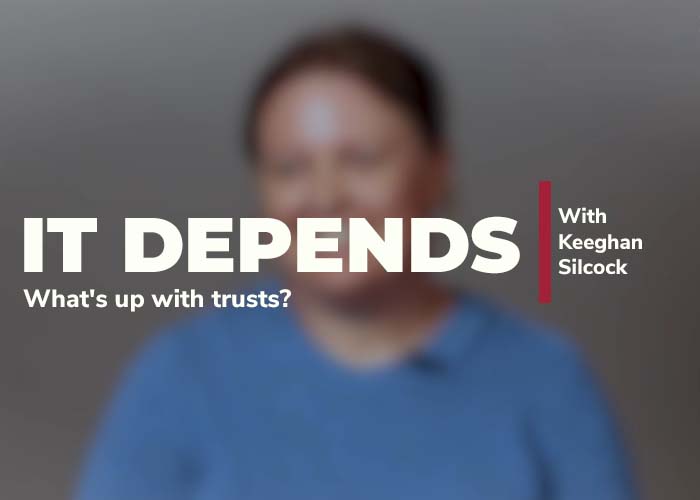Separating from a de facto partner or spouse is an incredibly stressful event. It can happen suddenly, for example, when an affair is discovered, or it can be a slow winding-down of what started as a blissful and loving union. In either case, emotions run high and people are often justifiably fearful that their formerly beloved partner may unilaterally withdraw funds from joint bank accounts for their own benefit.
This inevitably leads to both parties considering whether they should access the funds first to preserve, or spend, them before the other can.
There are scenarios where it may be necessary to withdraw joint funds; for instance, if there is a history of domestic violence and the partner trying to leave cannot support themselves, or where there are genuine gambling or addiction issues. However, except for those extreme cases, I would caution parties not to jump the gun and access joint funds without first seriously thinking about the consequences.
Accessing joint funds without the other party’s consent is a sure-fire way to cause further strain on what is already likely to be a tenuous relationship. It often results in the other party being more difficult in subsequent negotiations because trust has been completely eroded. Imagine the role was reversed and your recently separated spouse did this to you; do you think it would affect your behaviour towards them?
You should never access joint funds during a period of separation with the intention of spending them extravagantly. For one, it will deplete your property pool. Secondly, it may be that, for family law purposes, those funds are notionally added-back to the pool as an asset of yours, even though they no longer exist. Thirdly, accessing joint funds may be construed as an act of coercive control or domestic violence, and give rise to police involvement or an Application for a Protection Order being filed against you.
If you are genuinely concerned your ex, or soon-to-be ex, will access joint funds without consulting you, you can contact your bank and request that the account be immediately frozen. When that occurs, the bank will then only permit transactions that are jointly approved by both account holders.






